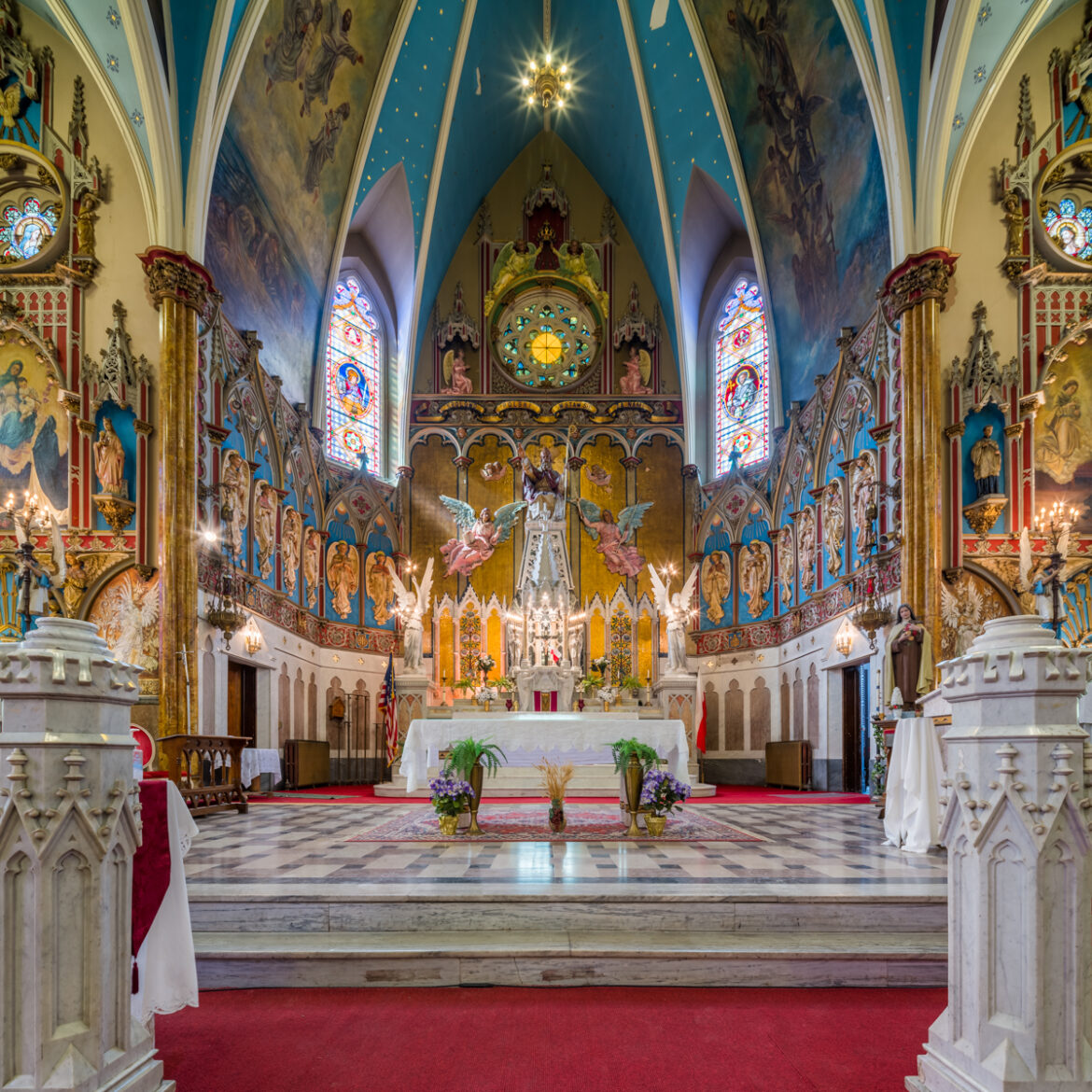The Church of England, often referred to as the Anglican Church, occupies a unique and historically entrenched position within the spectrum of Christian denominations. This fascinating entity not only epitomizes a rich ecclesiastical heritage but also symbolizes a complex relationship with both tradition and modernity. The question “Is the Church of England Anglican?” underscores an inquiry that goes beyond mere nomenclature, delving into the intricacies of identity, doctrine, and historical evolution.
The term “Anglican” originates from the Latin phrase “Ecclesia Anglicana,” which translates to “English Church.” This multifaceted title suggests a profound connection to the geographical and cultural milieu of England while simultaneously signifying a broader Christian identity that transcends regional boundaries. The roots of Anglicanism can be traced back to the English Reformation in the 16th century when a distinctive theological and liturgical identity began to emerge, separate from Roman Catholicism.
At the heart of the Anglican tradition is an enduring commitment to both Scripture and Tradition. The Church of England adheres to the foundational texts of Christianity, including the Holy Bible, while also embracing the rich tapestry of church history. This duality manifests itself in the Book of Common Prayer, a seminal work that embodies Anglican liturgical practice and theological reflection. The Prayer Book’s influence extends beyond its practical utility; it also encapsulates the essence of Anglican spirituality, balancing formality with an approachable familiarity.
Theological distinctiveness also characterizes the Church of England. It has evolved its own doctrines, which often reflect a mediating stance between Catholic and Protestant principles. This is particularly evident in the concept of the “via media,” or the “middle way,” which seeks to harmonize differing theological perspectives. The open embrace of various interpretations—ranging from high church, sacramental theology to lower church, evangelical sentiments—exemplifies the Church of England’s commitment to inclusivity and diversity.
Historically, the severance from the Roman Catholic Church in the 1530s under the reign of King Henry VIII did not diminish the Church of England’s ties with Catholic doctrine. It instead initiated a reformation process that would allow it to retain a Catholic ethos while fostering a uniquely English character. Clerical vestments, liturgical practices, and sacramental theology were preserved to a significant extent, thus enabling the Church of England to navigate its turbulent waters of identity.
Furthermore, the connection between the Church of England and the wider Anglican Communion cannot be overlooked. This global fellowship of churches maintains ties based on shared beliefs, sacraments, and governance structures, yet respects diverse cultural contexts. Engaging in this communion extends beyond mere administrative affiliations; it flows from a commitment to mutual support, theological dialogue, and collaborative mission work. As a result, the Church of England plays a foundational role within this network, serving as a mother church that influences bishops and congregations worldwide.
In a contemporary context, the Church of England continues to be a focal point for discussions about societal issues, ethics, and morality. Its position often prompts passionate debates regarding its role in public life, particularly concerning matters of social justice, inclusivity, and evolving cultural norms. This engagement signals a dynamic interplay between staying true to theological orthodoxy while meeting the exigencies of modernity. The Anglican identity thus becomes a matrix through which these tensions can be expertly navigated.
Curiously, one might contemplate why such a historical institution still captivates the collective imagination. Perhaps it lies in the Church of England’s embodiment of resilience and adaptability. By persistently reflecting the complexities of human experience through a Christian lens, it invites individuals to explore their own faith journeys within a broader community. Its ability to discuss and wrestle with difficult moral dilemmas resonates in our quest for identity and purpose in an oft-chaotic world.
Moreover, the Church of England’s architectural legacy contributes to its allure. With magnificent cathedrals and parish churches dotting the English landscape, these sacred spaces offer not merely a backdrop for worship, but a profound invitation to contemplate the divine. The interplay of artistry and spirituality in these structures heightens the church’s role as a cultural touchstone, connecting congregants to history while fostering reflection on existential questions.
The Anglican tradition, with its rich liturgical heritage, diverse theological perspectives, and commitment to both local and global engagement, stands as an intriguing testament to the complexities of faith in a post-modern world. The Church of England, as the Anglican expression within the English context, invites continual exploration and understanding, fostering an environment conducive to dialogue, reflection, and spiritual growth.
In summation, the identity of the Church of England as Anglican is not simply a matter of historical lineage; it is a profound interrelation of theological diversity, cultural significance, and communal growth. It serves as a reminder that within the tapestry of Christianity, there exists a wealth of traditions and interpretations that together embody the ongoing quest for meaning and connection in a complex world. As such, the Church of England continues to pulse at the heart of the Anglican experience, illuminating pathways for faith seekers across the globe.



